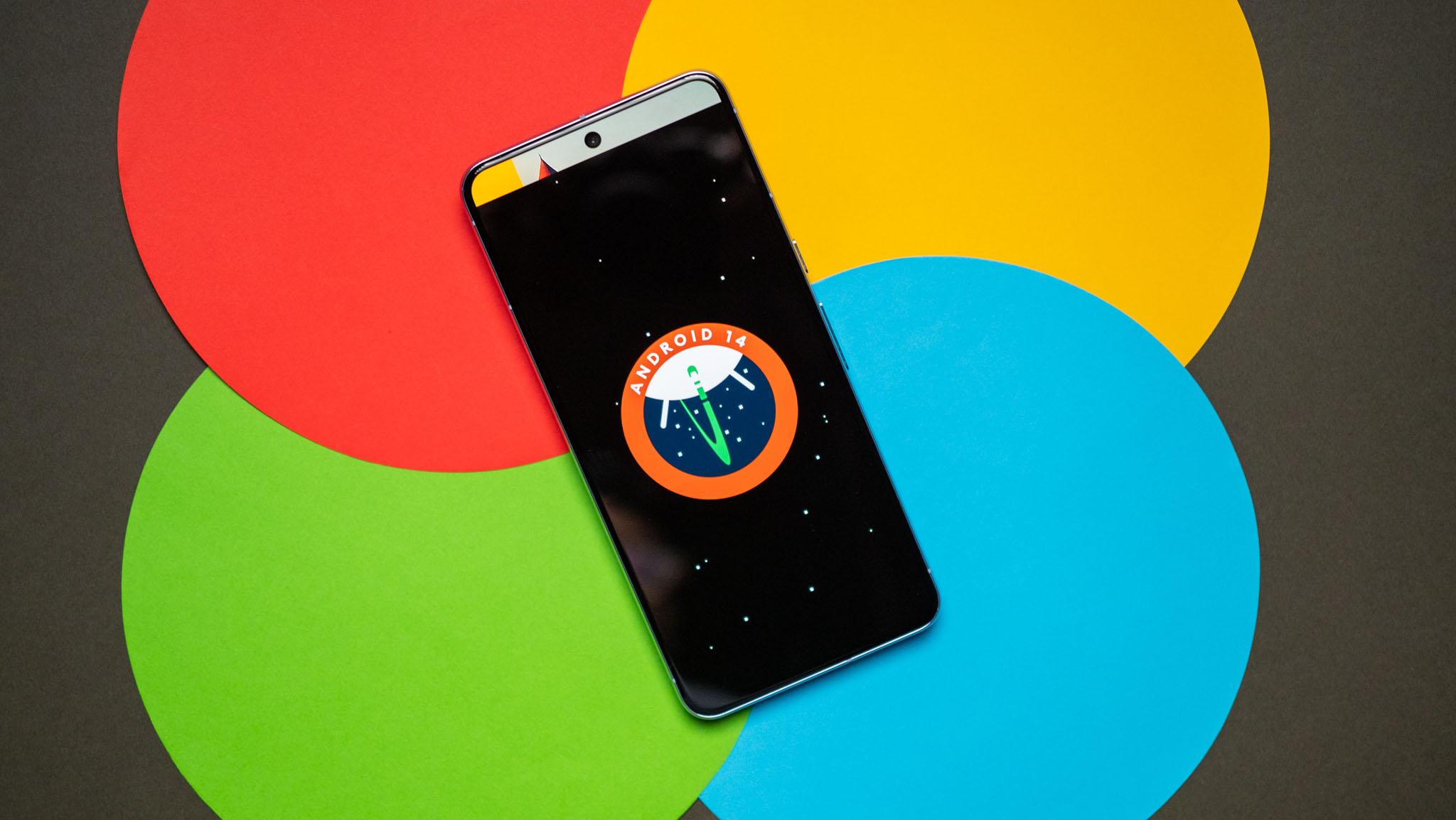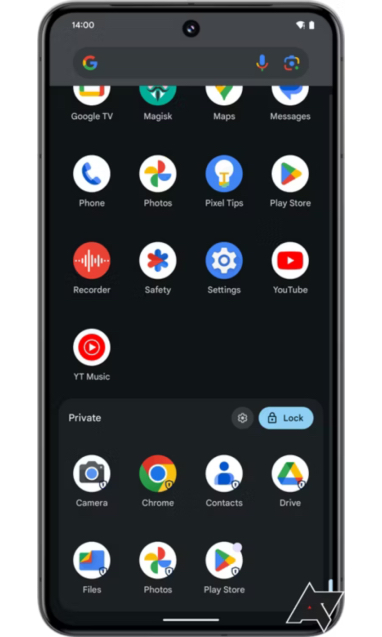
What you need to know
- Google is working on a new feature called Private Spaces, which hides important apps in a secure area on your smartphone.
- Android expert Mishaal Rahman was able to enable Private Spaces on the Android 14 QPR2 Beta 2 software version, providing an early look at the feature.
- Private Spaces could debut with an Android feature drop in March, but will more likely appear in Android 15 next fall.
We store plenty of sensitive information on our smartphones, from confidential messages, to banking apps, to passwords. That's why Samsung created the Secure Folder, which is a way to keep key apps and data hidden on Galaxy devices. But this same functionality could be headed to all Android users next year with an upcoming Private Spaces feature.
Private Spaces were first spotted in Android 14 QPR2 Beta 1 as a new settings page, with not much more information available. However, with the release of Android 14 QPR2 Beta 2, Mishaal Rahman was able to get Private Spaces up and running for Android Police. Though not all the features are working, this preview gives us our best idea yet of what Private Spaces will look like.
QPR2 Beta 2 users can find the feature by navigating through Settings > Security & privacy > Private Space. However, it won't be functional yet. It looks like Google still has some work to do before making Private Spaces available, but a screenshot from Android Police explained how they will work:
- You can access Private Space from the bottom of your app list
- Apps in Private Space are protected by a lock
- Notifications from apps in Private Space are hidden when it's locked
- Private Space apps won't appear in permission manager, privacy dashboard, and other settings when Private Space is locked

According to Rahman, Private Spaces are created as a type of Android profile referred to as android.os.usertype.profile.PRIVATE. This is a new profile in Android, but it will be coupled with a main user like other kinds of profiles. As the information from Google explains, app activity from apps within Private Spaces will be invisible while a space is enabled. That means settings pertaining to an app, push notifications, and more will all be hidden.
Users will have the choice of using their existing phone's security protections — like biometrics or a PIN — or selecting a new password to lock the Private Space. Since each Private Space is cordoned off from your main Android OS and set up as a new profile, you'll need to sign into a Google account in the Private Space you create.
Rahman also noted that Google is working on making Private Space apps available from the search bar, but he couldn't get it working right now.
There's no way to know when the Private Spaces feature will launch, but it should come sometime next year. The earliest guess would probably be the March feature drop for Android, although a more realistic target looks like Android 15 in the fall.







